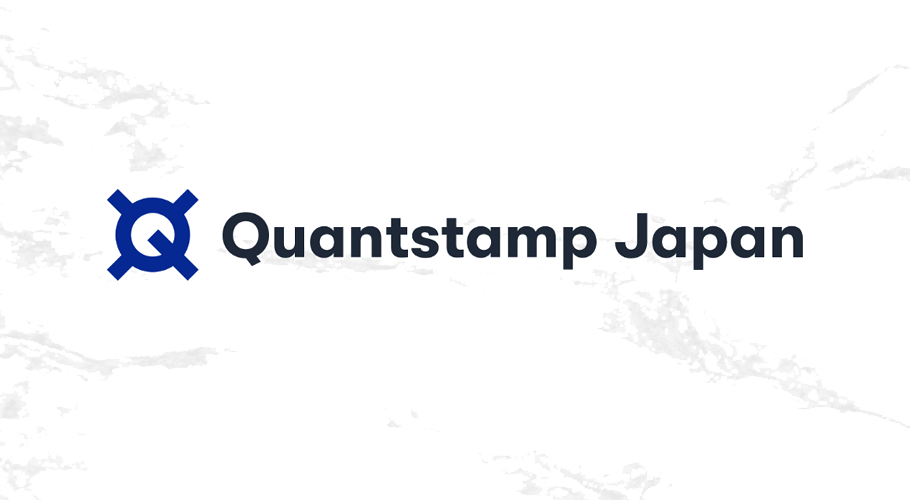Quantstamp, a Y Combinator-backed smart contract security company, has announced it is establishing a limited liability company, Quantstamp Japan GK, to assist Japanese startups and enterprises in using secure blockchain technology. This establishment follows significant investment from Nomura Holdings and Digital Garage.
Using computer-based reasoning tools, Quantstamp provides services that help identify and secure vulnerabilities in smart contracts — a key component of blockchain technology. It provides an automated tool for developers and users to check smart contracts for well-known vulnerabilities, as well as white-glove auditing services to help secure large-scale blockchain projects.
“I’m pleased to announce Quantstamp’s formal expansion to Japan, Japan is an important market in digital payments. We’re expanding our presence as we think that the market for smart contract-driven applications here is strong and will only be growing.”
“As blockchain technology is adopted in the financial world, smart contracts will play an increasingly important role. Security assurances through auditing and certification will become increasingly indispensable. I believe Quantstamp is well positioned to support this role as they work to secure smart contract technology.”
“I think that Quantstamp offers the best service on the market. It’s the best solution for identifying and mitigating smart contract vulnerabilities. With their knowledge and experience on smart contract security, we are hoping for further breakthroughs in the future. “
Quantstamp aims to be a leader in smart contract security, preventing security breaches at some of the world’s largest blockchain companies. Quantstamp’s engineering team is familiar with software security, formal verification, static analysis and have more than 900 Google Scholar citations.
